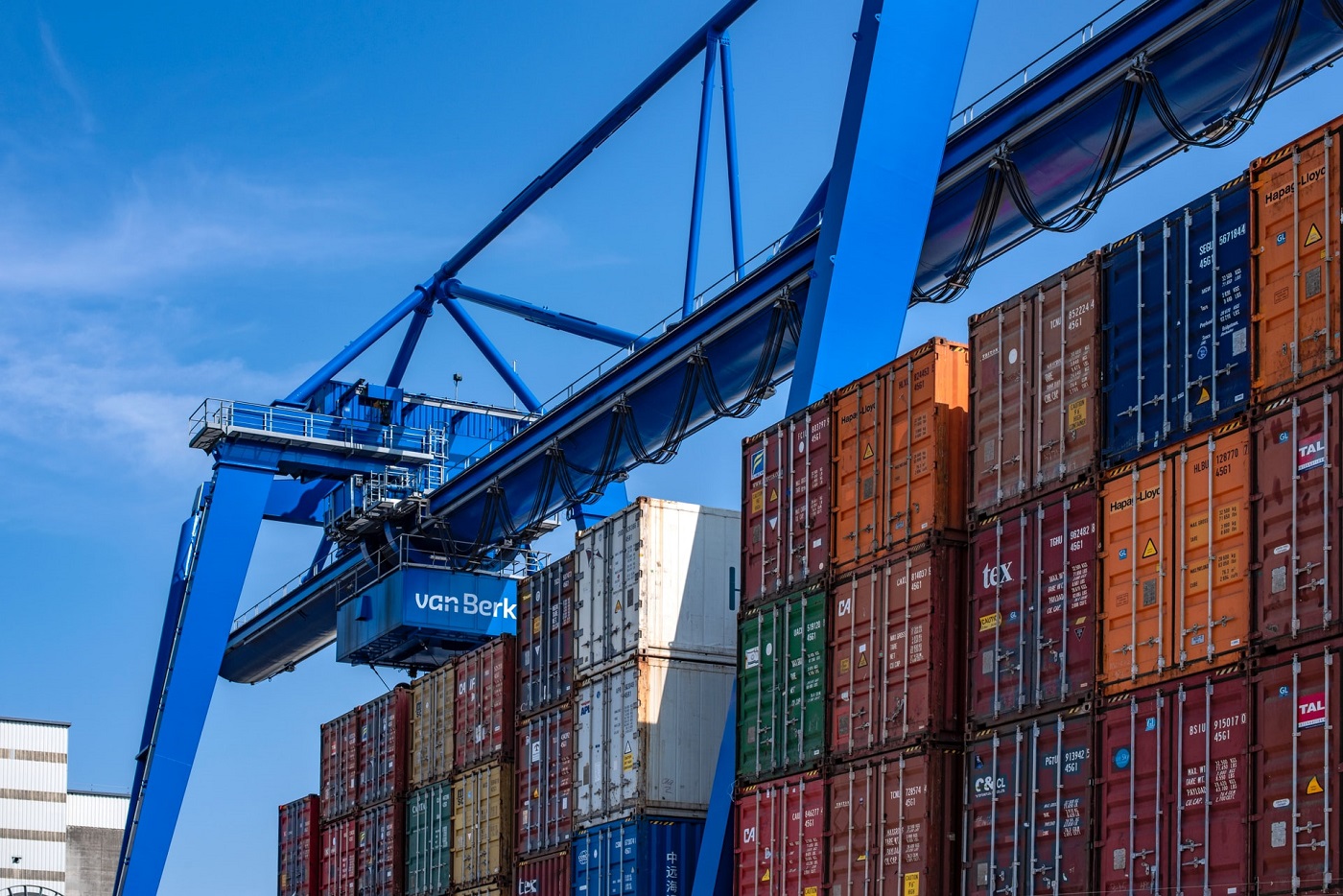The Federal Maritime Commission (FMC) is currently conducting information-gathering meetings to help identify data constraints that impede the flow of ocean cargo and add to the supply chain inefficiencies in the U.S. In Dec. 2021, Daniel Maffei, the chairman of the FMC, appointed FMC Commissioner Carl Bentzel to spearhead the FMC Data Initiative to establish data standards and best practices for data access and transmission that’s necessary for a reliable and stable ocean transportation system.
“The FMC is looking to create a data system that would serve as a one-stop shop for exporters,” says David Eaton, ISRI’s director of government relations. “The system would provide clear information about shipping timeframe expectations.”
At the inaugural meeting on Dec. 7, Bentzel described his three key objectives: cataloging how parties across the transportation chain use, store, and access data; identifying significant gaps in data definitions and classification; and making recommendations for common data standards and access policies and protocols.
“In essence, Commissioner Bentzel would like to help cargo exporters protect their bottom line through clarity and being able to plan in the most efficient and cost-effective way,” Eaton explains.
When discussing the importance of this initiative, Bentzel looked to the clear transparency of air travel as a comparison to what was missing from the maritime industry. “When you go through a U.S. airport you know how and where to park your car, you know that you will be transported to the airport terminal,” he says. “When you get to the terminal you will be provided information on your gate and information about when your plane will depart and land.” In addition, the airline has personnel to handle and take luggage through security and the entire process repeats during landing.
Having a strong and transparent system for information for shipping is vital, “given the immense national economic impact and our Nation’s reliance on ocean shipping, sustained surges in cargo volumes, and other operational impacts caused by COVID-19,” he adds. “The FMC will work with the industry to develop greater systems of transparency for services surrounding the international intermodal transportation of goods.”
At this stage, Bentzel is conducting research, interviews, roundtables, and public meetings with ocean carriers, marine terminal operators (MTOs), truckers, railroads, and government agencies. These meetings will run until April 2022, and the FMC hopes to release the initial findings during a data summit the agency will host in the spring.
This initiative will propose recommendations for common data standards used by the international shipping supply chain, as well as access policies and protocols that would streamline information sharing across the ocean supply chain.
The FMC’s data initiative is separate from the legislative actions taken by Congress to regulate the behavior of the large ocean carriers through the Ocean Shipping Reform Act of 2021. Passed by the House of Representatives in December with broad bipartisan support the bill is currently in the Senate, where it is expected to pass with bipartisan support in the coming months.
Specifically, the legislation will:
- direct the FMC to establish rules prohibiting unjust and unreasonable detention and demurrage fees,
- require carriers to meet minimum service standards,
- block carriers from unreasonably declining cargo,
- provide safeguards against retaliation, and
- shift the burden of proof to carriers, in regard to the reasonableness of detention and demurrage, which means many more cases will likely be brought to the FMC.
The FMC Data Initiative meetings are open to the public and can be viewed live on the links posted by the FMC. At the first meeting, Bentzel and his staff discussed the importance of bringing additional clarity to the shipping system in conjunction with the activities they’re doing to alleviate some pressure right now. “They acknowledged that this is a long-term effort they hope will stabilize the supply chain efficiencies,” Eaton says.
The second meeting featured members from big-box companies, such as Target and Walmart, who offered their understanding of data and how their companies would like to see data in the process. Eaton says the upcoming meetings will provide a space for ISRI and members to weigh in on the industry’s needs. “We’ll be reaching out to members soon so they can send me any thoughts they have about what kind of data they would like to see made available that will give them clarity about the status of shipments sent out,” Eaton says. ISRI members who are interested in offering comments about how data can contribute to the long-term reliability of the domestic cargo delivery system can email Eaton at Deaton@ISRI.org.
Additional Resources












